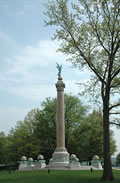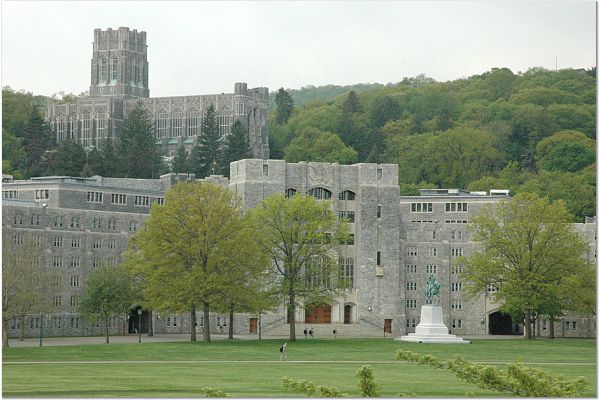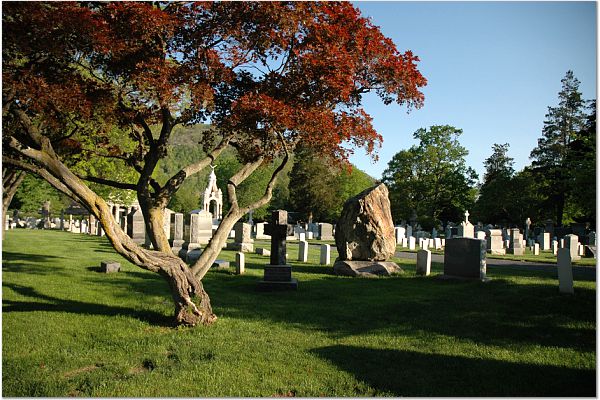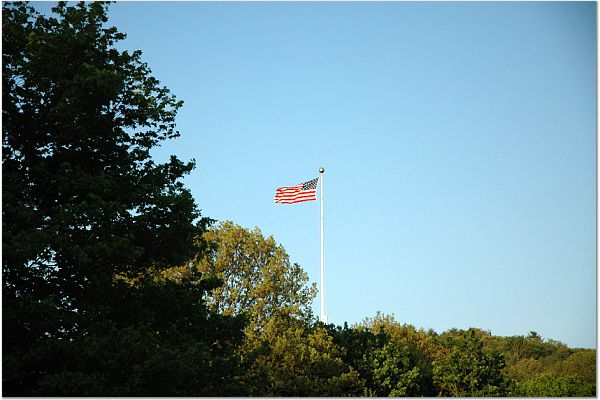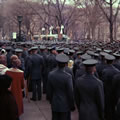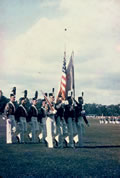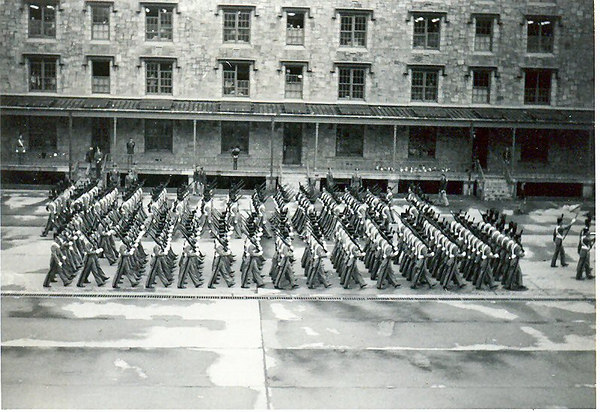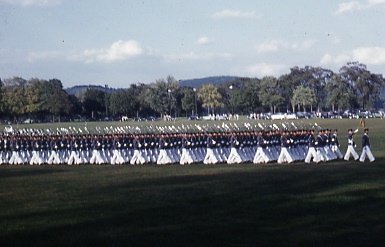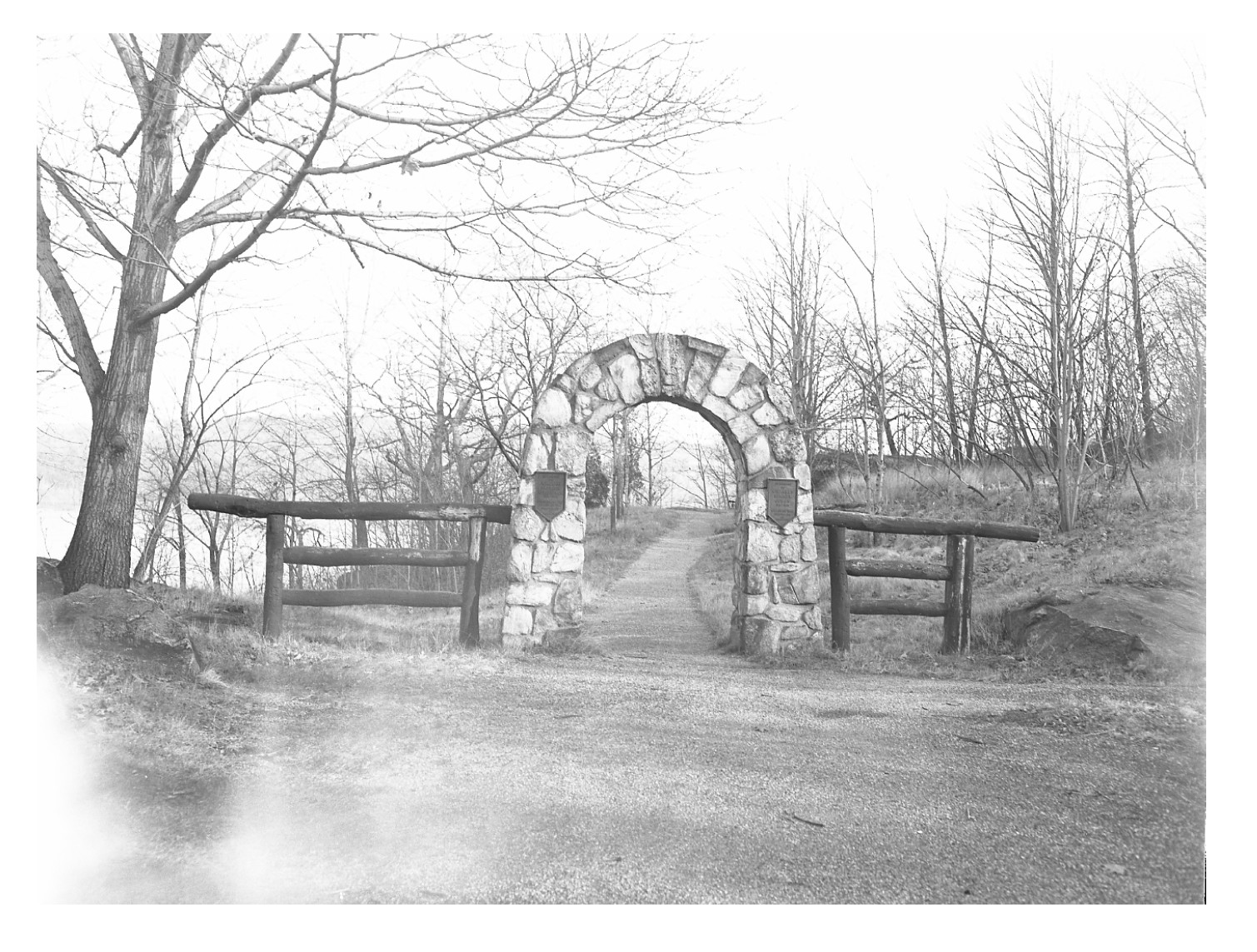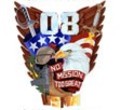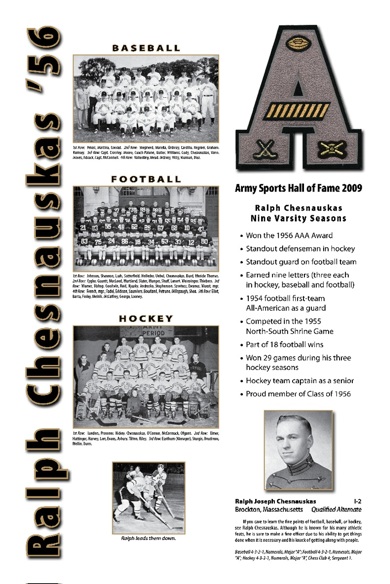Commencement Address
31 May 2008
"Whom shall I send, and who will go for us?" "Then, I said," "Here am I; Send me." Isaiah, Chapter 6, verse 8.
Today we gather to recognize the cadets of the Class of 2008, men and women who, in the spring of 2004, answered the call of our nation, a nation at war-, "Here am I. Send me." This afternoon, they will be commissioned as Second Lieutenants. And over the next year, our Army will send them around our Nation and around the world to one of 80 countries where American Soldiers are serving the cause of freedom.
General Hagenbeck, General Finnegan, General Linnington, Congressmen Pete Sessions and Jeff Fortenberry, moms, dads, brothers, sisters, distinguished guests, ladies and gentlemen...and the Class of 2008, what a profound honor it is to share this occasion with you. And humbling--as a civilian in the presence of those who have answered our nation's call.
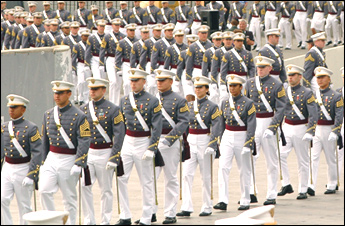
I came to work for the Department of Defense in early Fall 2001 and was at the Pentagon when the terrorists struck and killed 184 people, including 69 Soldiers and Army civilians.
That day I watched Soldiers go to the sound of the explosion. And, for the past 6 years, I have watched Soldiers go off to war. And watched their families stand with them. I have been inspired by the service of our Soldiers and humbled by the sacrifice of their families. From the bottom of my heart -- cadets and families, thank you for your service -- thank you for your sacrifice. I stand before you as a grateful citizen representing a grateful Nation.
General Hagenbeck, faculty, and staff, thank you for the work you do for our cadets, our Army and our Nation. I know you look across this assembly of graduates with a great sense of pride and accomplishment. Congratulations to each of you.
Let me begin with a little official business-meaningless to most but most important to a few. By the authority conferred on me by the Secretary of Defense, I grant amnesty to all cadets whose antics led to minor conduct offenses. And, if he or she ever gets caught, this includes the cadet who took a detour in his land navigation course in the summer of 05-and returned with buffalo wings for his buddies.
With that response -- a wiser man than I would say thank you,
congratulations and sit down -- you will not be so lucky.
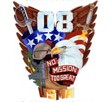
2008--What a class--academic and athletic excellence--great leaders. A Rhodes Scholar, Fulbright, Truman and Marshall Scholars, All Americans--academic and athletic, and a National Championship in boxing, just to mention a few of the highlights.
Today I will be speaking mostly to our cadets, but before I do, I want to address the parents and family members who are with us.
Parents, thank you for molding your sons and daughters into men and women of courage, character, and accomplishment. And thank you for entrusting them to us. As we honor them, we honor you.
And to the sweethearts who will become Army husbands and wives over the coming days, some this afternoon at the Cadet chapels, we welcome you into the Army family and thank you for your partnership in service to our nation.
Parents, as you look across the sea of white and gray uniforms and find your child, you must be filled with an extraordinary sense of pride. But I know too, the concern that you also carry in your heart--behind your pride. For we are a Nation at war, and your sons and daughters have chosen to be Soldiers.
Over the weekends of this spring, hundreds of thousands of parents across America gather as we do today, to celebrate the graduation of their children--celebrating with none of the ambivalence that may tug at your heart--and many unmindful of the debt they will owe to your children-so much owed, by so many, to so few.
Your sons and daughters are among our Nation's very best. They could have gone anywhere to college and had their choice of careers. Today they could be accepting a diploma and lucrative job offer instead of a commission in the United States Army. But they chose the path of Duty, Honor, and Country.
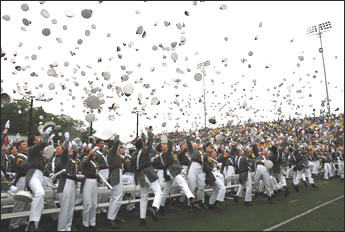
The service our nation is asking of your sons and daughters is important work for our country--for the free world--for liberty loving people every where. It will change our nation and the world for the better. And, your sons and daughters are ready--well-prepared for the tasks ahead of them.
When I reflected on these cadets and West Point and what is at stake in this war, my mind turned to Thomas Jefferson. Presidents Washington, Adams, and Jefferson all understood the need for a military academy--Jefferson acted on the need and established West Point.
We needed strong and capable leaders for our Army in 1802, but even more so today. We need men and women of immense talent and character--men and women like your sons and daughters.
And, perhaps as no other Founding Father, Jefferson would understand the threat we face today--tyranny in the name of religion. Jefferson knew history and he understood human nature.
He devoted much of his life's work to the advancement of individual liberty and religious freedom, freedom that could spare our Republic the religious strife that, over the centuries, had soaked the soil of much of the world with blood-the blood of those who shared much-history, tradition and even Family--and differed only in their religious beliefs.
Jefferson considered his contributions to the cause of religious freedom among his greatest achievements. He wrote the epitaph for his gravestone--dictated that it would say the following, "and not a word more":
"Here was buried Thomas Jefferson, author of the Declaration of Independence, of the statute of Virginia for religious freedom, and Father of the University of Virginia."
The Declaration of Independence and the University of Virginia need no explanation. The statute for religious freedom is known to few, but speaks powerfully to us today.
Let me read from it: "[N]o man shall he be compelled to support any religious worship, place or ministry whatsoever, nor shall be ... molested or burdened ... nor shall suffer on account of his religious beliefs ... [A]ll men shall be free to profess ... their opinions in the matter of religion."
Jefferson's ideal of religious freedom and individual liberty stands in stark contrast to the malignant vision of religious oppression and the murderous practices of the Taliban and Al Qaida -- to the hatred that murdered 3,000 people on 9/11 and continues its butchery today.
Two hundred years after Jefferson penned these words, your sons and daughters are fighting to protect our citizens and people around the world from zealots who would "restrain", "molest", "burden" and cause to "suffer" those who do not share their religious beliefs, deny us whom they call "infidels" our unalienable rights: Life, liberty, and the pursuit of happiness.
Your sons and daughters--our Soldiers-- stand against a threat to liberty and life that is as old as civilization, in a cause that shaped the foundation of our Nation, and against an enemy that seeks to take us back to the future, and establish an old world order of darkness and oppression. Thomas Jefferson would not be surprised.
Mark Twain told us that history does not repeat itself, but that it does rhyme.
And for American Soldiers, the mission and the threat are not abstract. They know why they are fighting. An Army Captain recently described his service in simple terms--Just as our grandparents joined the Army to ensure that our land would never suffer another Pearl Harbor, I joined to ensure we never suffer another September 11.
And our mission goes beyond the security of our own people. The United States always has stood as a beacon of hope for those yearning to live free. Over the past 6 years, our military has liberated 50 million people in Iraq and Afghanistan from brutal dictatorships and awakened hope in a region that has known little but oppression and despair. Our Secretary of Defense reminded us recently, "[O] ur responsibilities to the world-to freedom, to liberty, to the oppressed everywhere-are not a burden on the people or the soul of this nation. They are rather, a blessing."
And as we make the world safer for democracy--and more dangerous for terrorists--we are making our world safer for Americans.
Your sons and daughters are well-prepared for the challenges ahead of them. Most importantly, they are men and women of character--they came that way to West Point.
Our Nation has you to thank for that. Character, as Joshua Chamberlain told us, "is formed in the silent and peaceful years by the mother's knee and the father's side."
No matter how old, your son or daughter is forever your child. And I know when you look at him or her, your mind recalls a scrapbook of memories--a kaleidoscope of life experiences, from the cradle to this graduation day--you remember their first steps, their curiosity, their mischief, their successes. You know their strengths and their frailties.
But West Point knows your sons and daughters well now also. For the last four years, the United States Military Academy has taken them on a journey through the crucible of the most demanding academic, physical, and military curriculum in the world. Your sons and daughters have met the highest standards of learning, living, and performance.
As they leave West Point today, know that they are well prepared to meet the challenges of their future missions and commands.
Today they join the best led, best trained and best equipped Army on the face of the earth. And they are ready to be leaders in that extraordinary Army.
For these remarkable men and women, the Class of 2008, "no mission too great," is more than a motto.
And now I will speak to them, the cadets of the Class of 2008. You who will extend the Long Gray Line another generation into our Nation's future-a Long Gray Line that stretches back to 1802, to, "Those cadets of an earlier day," sinewy threads that are woven throughout the rich tapestry of our Republic's history, giving it strength, character, and resilience, in times of peace and war.
As our fledgling democracy sought to explore, survey, and subdue a vast continent, West Point officers led the way.
West Pointers harnessed the awesome power and bounty of our continent. They tamed rivers with dams and levees. Built our nation's roads, canals, harbors, bridges, and railroads. From the Atlantic to the Pacific, from the Erie Canal to the Panama Canal, you see the great peace-time handiwork of West Point graduates-- Goethals, Bonneville, and Young to name a few-- some famous, some forgotten--the Long Gray Line has shaped the destiny of America.
In time of war, West Point graduates have filled our history books and our national consciousness. As we survey the halls, grounds, monuments and statues around us, we cannot escape their history nor their gaze.
Much of the history you studied here was made by those who studied here before you: Grant, Lee, Eisenhower, Patton, MacArthur, today Petraeus, Odierno, Cody, Austin, and Rodriguez--the honor roll will go on forever.
Today you join their ranks.
Now, no graduation speech would be complete if I did not attempt to leave a few lessons behind. You enter our Army at a dynamic period in the history of our service-in the history of warfare--policy, doctrine, training and equipping are adapting rapidly to a constantly changing threat--an environment where our Soldiers must hold and build, as well as they clear. You have learned how to "eat soup with a knife" and other important lessons about leadership in your 21st Century Army.
For the lessons I want to leave with you, I will borrow heavily from a man who has spoken here before, as I could not improve on his prose and I share his vision for your service. He summed up succinctly a day in the life of an American Soldier in Iraq or Afghanistan today. He told your predecessors:
"Your military responsibilities will require a versatility and an adaptability never before required in either war or in peace."
They will "involve the command of more traditional forces, but in less traditional roles ... risking their lives, not as combatants, but as instructors or advisors."
"This is another type of war, ...-- war by guerillas, subversives, insurgents, assassins. War by ambush instead of by combat ... seeking victory by eroding and exhausting [us] instead of engaging [us]."
"The non-military problems which you will face will be most demanding: diplomatic, political and economic."
"You will serve as advisors to ... foreign governments."
"You will need to ... understand the foreign policy of the United States [and] the foreign policy of countries ... that 20 years ago were the most distant names to us."
"You will need to give orders in different tongues;" "You will be involved in economic judgments which most economists would hesitate to make."
"You will need to understand the importance of military power and also the limits of military power..."
Perhaps most importantly, he told your predecessors:
"Your posture and performance will provide the local population with the only evidence of what our country is really like." And, in closing he said:
"[Y]ou have one satisfaction, however difficult [your] your days may be: When you are asked by the president of the United States or by any other American what you are doing for your country, no man's answers will be clearer than your own."
History does rhyme. These words were spoken 46 years ago by President Kennedy, standing here, speaking to the graduating Class of 1962.
Let me add a duty or two to President Kennedy's list.
Creighton Abrams, Class of 1936, told us that people are not in the Army, people are the Army. And your Army is different today than any Army in our history or any Army so long at war. It is an All Volunteer Force--and over half are married--with over 700,000 children in the Army families--Volunteer Soldiers--Volunteer Families.
The all volunteer force is a national treasure, but it can be squandered.
To sustain our Army, we must provide Army families a quality of life equal to the quality of their service. As Army leaders, you must take care of Army families--must make Army families a priority in your service.
And one more--most importantly: Before the sun sets today, you will take the oath of a second lieutenant--regardless of how long you wear the uniform, one thing never will change--you are a leader and the well-being of Soldiers will be in your hands. You will be judged by how you discharge that duty--for if you strip away everything else about your Army, at its core, that is what the Army is all about, Soldiers take care of Soldiers--in the barracks, on the battlefield, or in the hospital. That is what Soldiers do.
You should count your career a success if you never earn more than the single gold bar you will get this afternoon, if one of your soldiers writes a letter about you like the one I am about to read from a Soldier somewhere in Europe in 1945:
"Dear Mrs. Troby, ...the gents that I speak of down here are usually known but to a few - and ask no publicity. [They] are some of the officers and NCOs who live down there in hell - just a few miles from here - and they stay there days, weeks, and months ... There are just a few. They teach men, feed them, protect them, and lead them ... These men are loved with a kind of love that exists no place but on the battlefield - and it is never talked about. [They] go for days without sleep, give away their clothes, go without food, keep going when they are sick, perform miraculous feats when they are wounded, and take the suicidal details rather than ask someone else to do it. They are never afraid, they are never cold, they never complain, and they spend all of their time trying to think of ways to help their men - and to save them. I don't know if they are happy - but if it isn't selflessness I never hope to see it. Surely they must be God's people.... I'm sure they swore and drank and did a lot of other things - but I am sure God got them when they went away..." Signed, "Whitney."
Soldiers take care of Soldiers.
We are here to celebrate with the Class of 2008, but it is fitting that we stop and remember the sacrifices of those who have gone before.
Over the past year, since you gathered here last May, 11 West Point graduates have given their lives for their country.
There is always a personal cost in your profession of arms. It is your willingness to bear that cost that ennobles you, your calling, and this gathering.
Earlier this year, Captain Andrew Pearson, Class of 2001, serving in Baghdad, joined the ranks of the fallen. Captain Pearson began his career as an enlisted man before entering West Point. In his year book, he chose this quote from President Kennedy to accompany his photo:
"In the long history of the world, only a few generations have been granted the role of defending freedom in its hour of maximum danger. I do not shrink from the responsibility-I welcome it."
Captain Pearson's ashes now rest in Arlington Cemetery. His father summed up Captain Pearson's life and legacy:
"He believed in what he was doing and gave his all for America."
So moving in their simple dignity, these words are an inspiration for the living as well as an epitaph for the fallen.
"They shall not grow old, as we that are left grow old: Age shall not weary them, not the years condemn. At the going down of the sun and in the morning We will remember them." --Laurence Binyon
When I went to work for the Secretary of Defense now nearly seven years ago, my office looked to the northeast across the Potomac River, to the Capitol and the National Mall.
In the summer months, the sun comes up directly behind the Jefferson Memorial. And just as the sun edges past the memorial into the morning sky, for the briefest moment, a sliver of golden light crowns the graceful dome.
There were days when the early sun would burn through the morning clouds and wash the Capitol and Washington Monument in shades of pink, purple and gold.
You could not look away until the color drained from the sky. To the west, beyond my view, stands the Lincoln Memorial, serving as a bookend for the Mall, just up from the Memorial Bridge, leading to Arlington Cemetery.
For me, at that time, and for most Americans I suppose, the landmarks that frame our Mall tell the story of the foundation of our Nation.
But when I came to the Army in 2006, my view changed.
Out my window I now face Arlington National Cemetery, and the waves of chalk white headstones that line the rolling hills and mark the graves of generations of Americans who have served our nation in peace and war.
Out my window, every day, horse drawn and flag draped caissons carry our Nations' heroes to their final resting place.
The Custis-Lee mansion, home of Robert E. Lee, Class of 1829, stands a commanding presence on the ridge line. It was built with slave labor by Martha Washington's grandson, and serves as a constant reminder of the contradictions and cross-currents that tormented our young republic, and of the strife that gave birth to Arlington National Cemetery and filled the first and so many of its graves.
A short distance to the south along the ridge, Soldiers guard the Tomb of the Unknowns every single day and around the clock. Arlington is a place where the dead find their final resting place, but where the animating spirit of America lives.
Historian Rick Atkinson captured the spirit of Arlington. It is, he told us, "...a shrine to valor and sacrifice, to service and fidelity. Those interred here tell a story not just of the Republic in war and in peace, but also of a transcendent ideal, conceived in liberty and reconsecrated with every new grave dug, every benediction murmured, every commitment into the hallowed ground." "A transcendent ideal."
Since coming to the Army, it has dawned on me that it is Arlington, not the Mall's monuments and memorials that tells the story of our great nation. Were it not for that "transcendent ideal" - that has inspired the American Soldier, "on many a weary march from dripping dusk to drizzling dawn," there would be no monuments, no Capitol, and no Mall.
Today we gather to honor young men and women who in a moment will swear an oath to defend the Constitution of the United States against all enemies - not defend our shores, not defend our people, but defend our Constitution - defend a transcendent ideal - against all enemies- "from dripping dusk to drizzling dawn" - a revolutionary ideal that calls out to people the world over who yearn to be free.
A transcendent ideal that led these men and women of the Class of 2008 to choose to be Soldiers, American Soldiers, with America at war.
Class of 2008, take pride in your record here at West Point. Take great heart in your bright future, and take competent and compassionate hold of the responsibility that awaits in your service to Soldiers, to their Families, and to the Nation. Our Nation needs you. We salute you and your families for your collective courage and commitment, and we wish you Godspeed in your journey- for duty, honor and country.
"Whom shall I send, and who will go for us?"
And you said, "Here am I. Send me."
Thank you. God Bless you
BY
Secretary of the Army Pete Geren
May 31, 2008
West Point Commencement Remarks
|
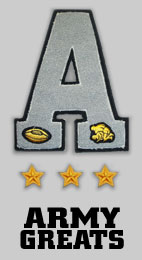
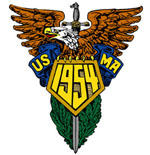
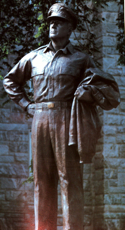 General MacArthur stated it would take
General MacArthur stated it would take 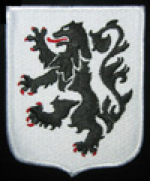 28th Infantry Regiment
28th Infantry Regiment 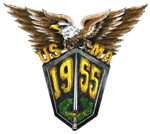
 They played perhaps Army's Greatest Game.
They played perhaps Army's Greatest Game.
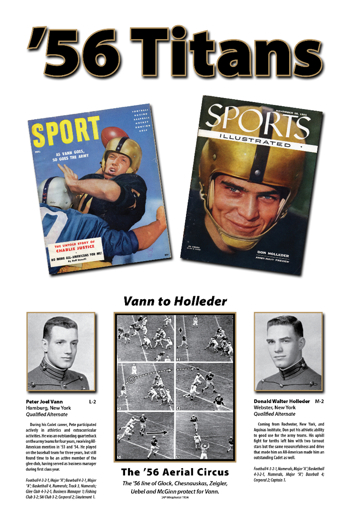
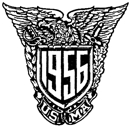
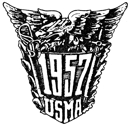
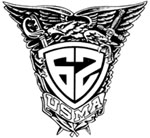
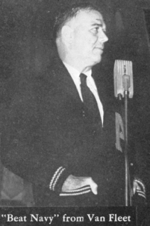

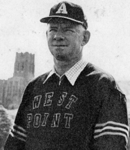
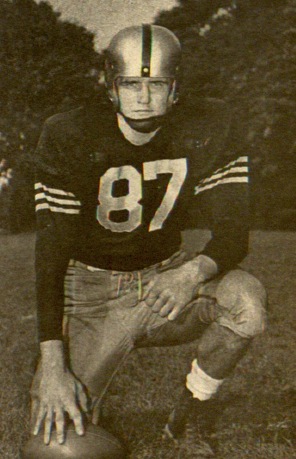

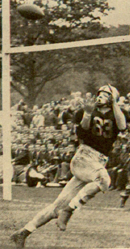
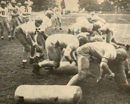
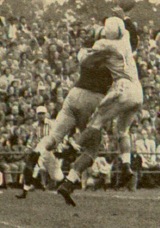
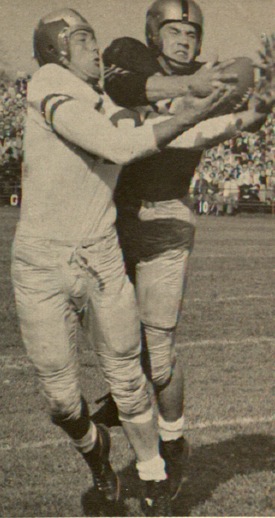
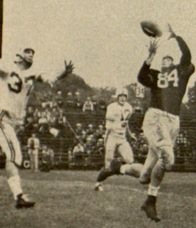
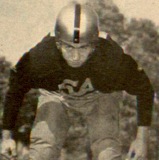
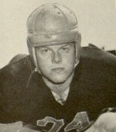
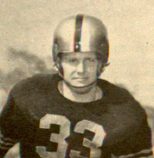
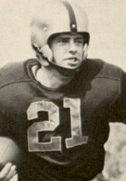
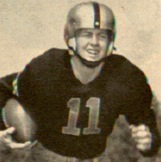
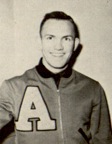
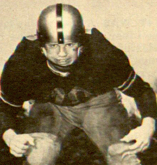
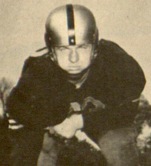
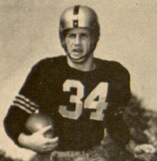
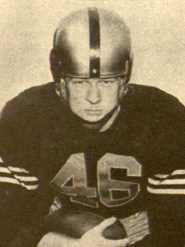
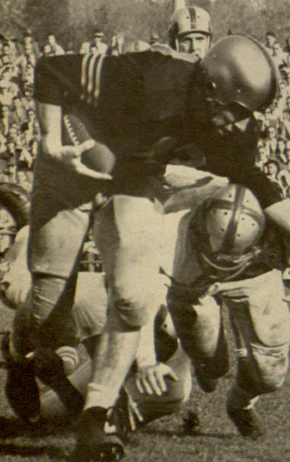
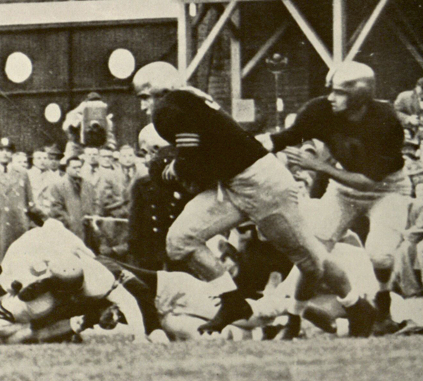
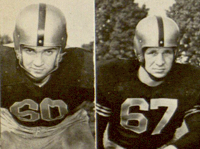
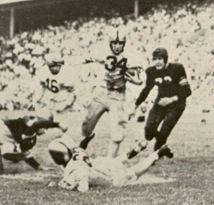
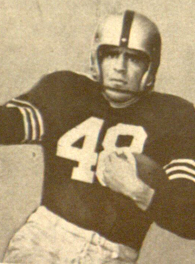
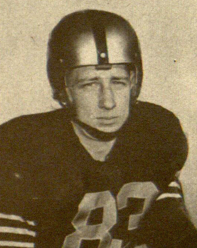

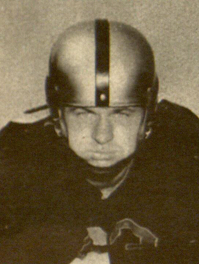
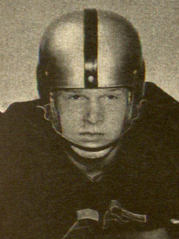
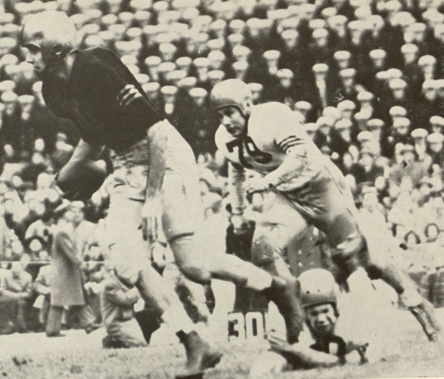
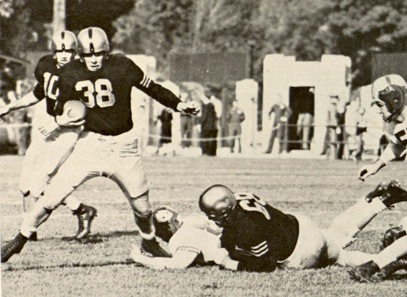
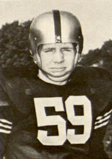
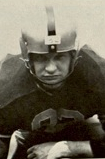
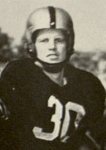
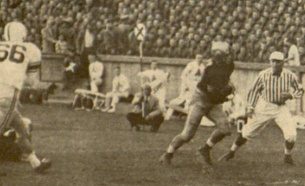
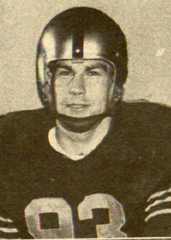
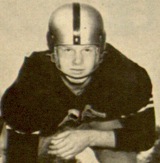


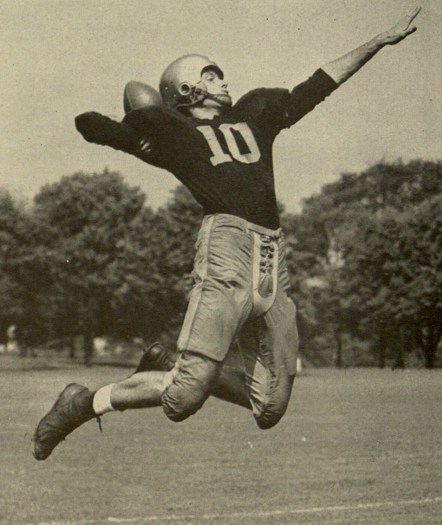
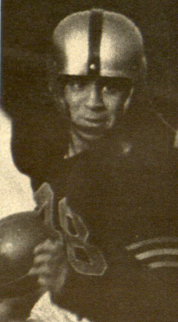
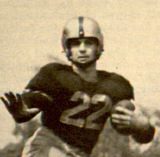
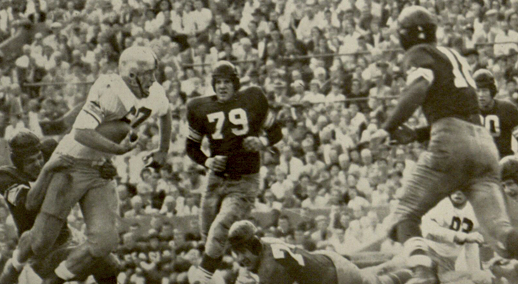

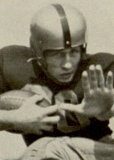
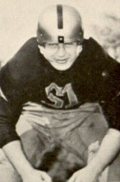
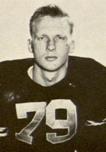
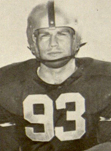
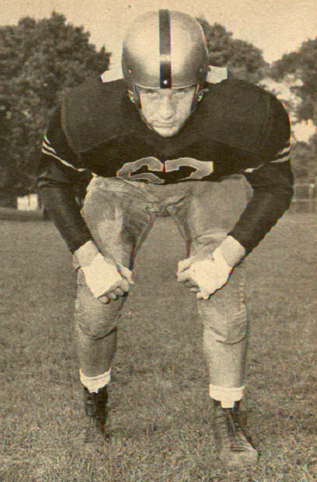
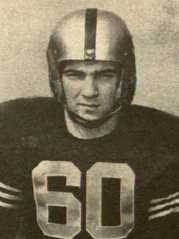
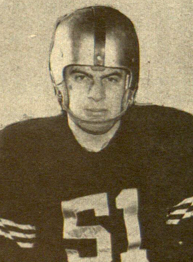
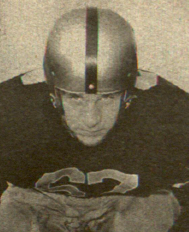


 General MacArthur stated it would take
General MacArthur stated it would take 


 28th Infantry Regiment
28th Infantry Regiment  They played perhaps Army's Greatest Game.
They played perhaps Army's Greatest Game.




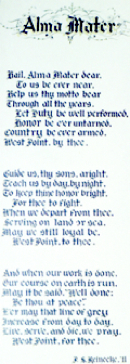
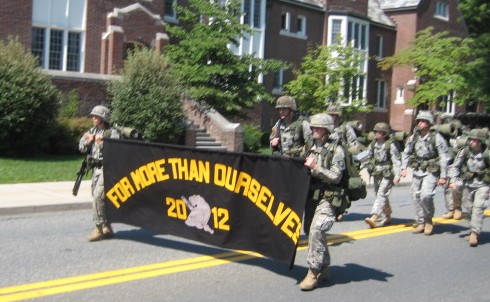
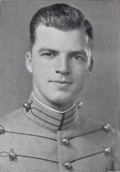


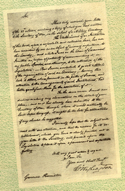
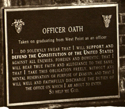


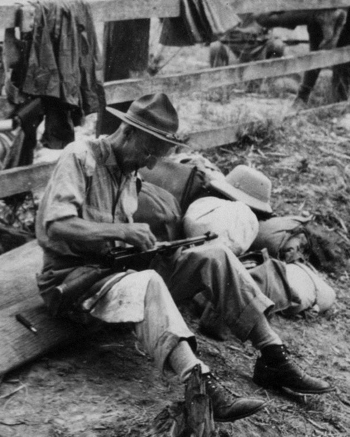
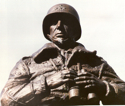
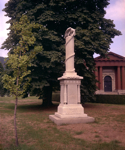
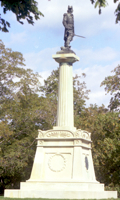
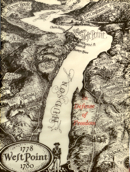
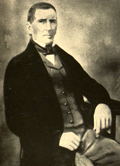

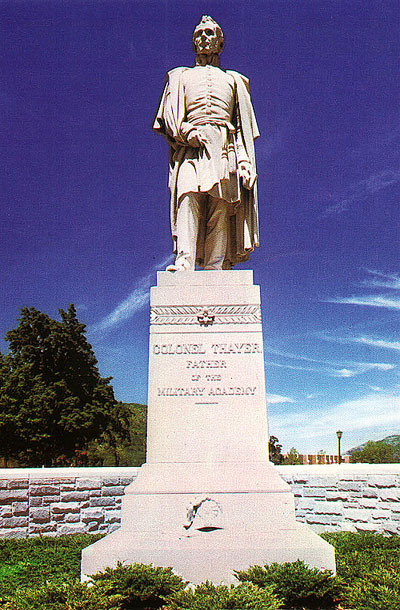
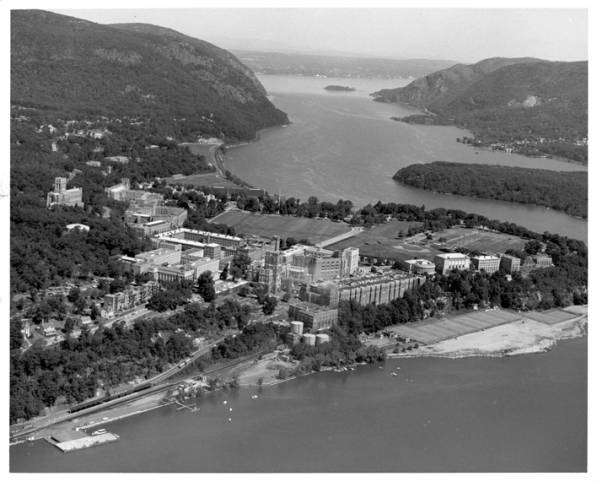

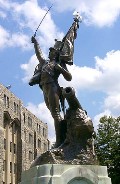




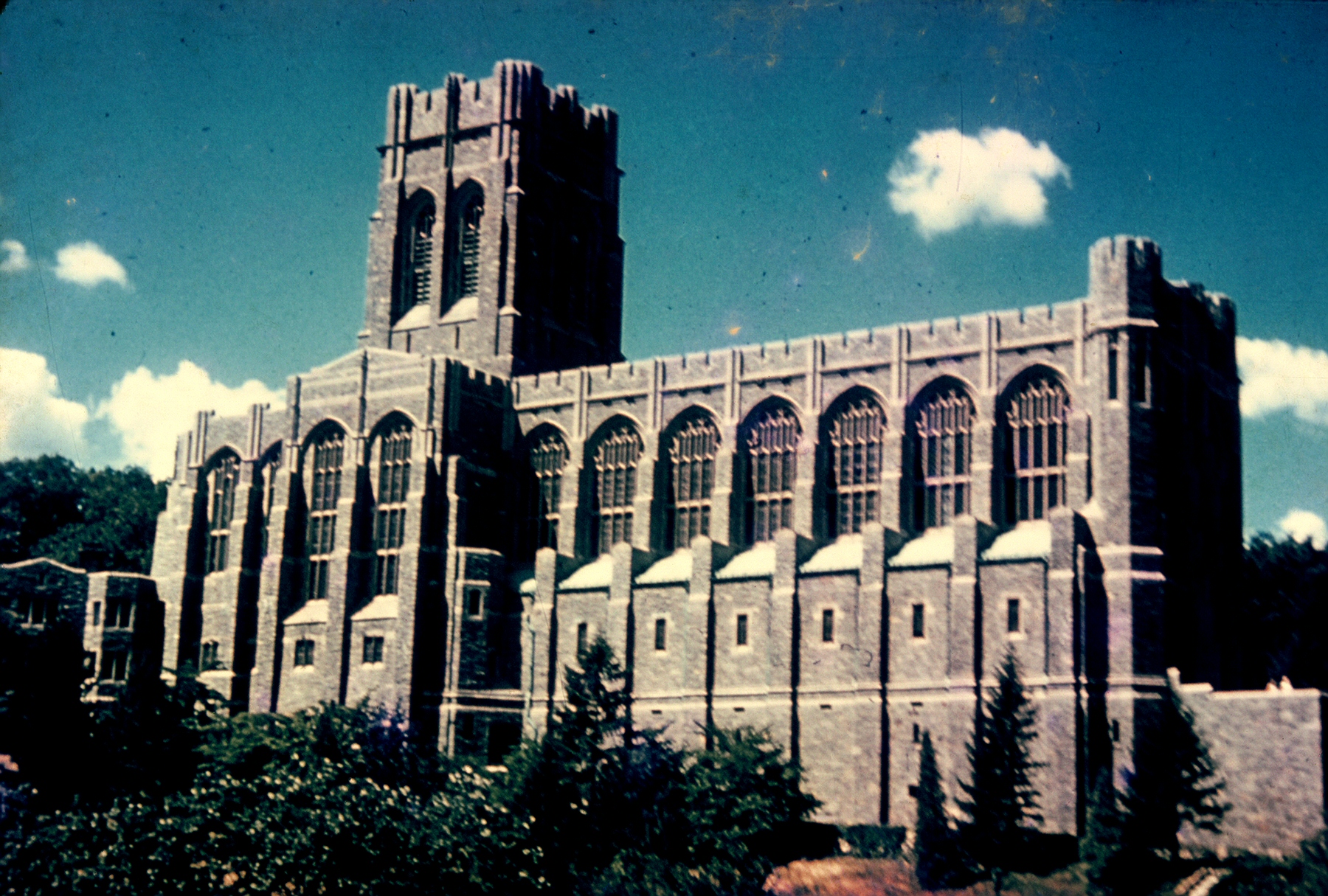






 Cadet Barracks
Cadet Barracks



